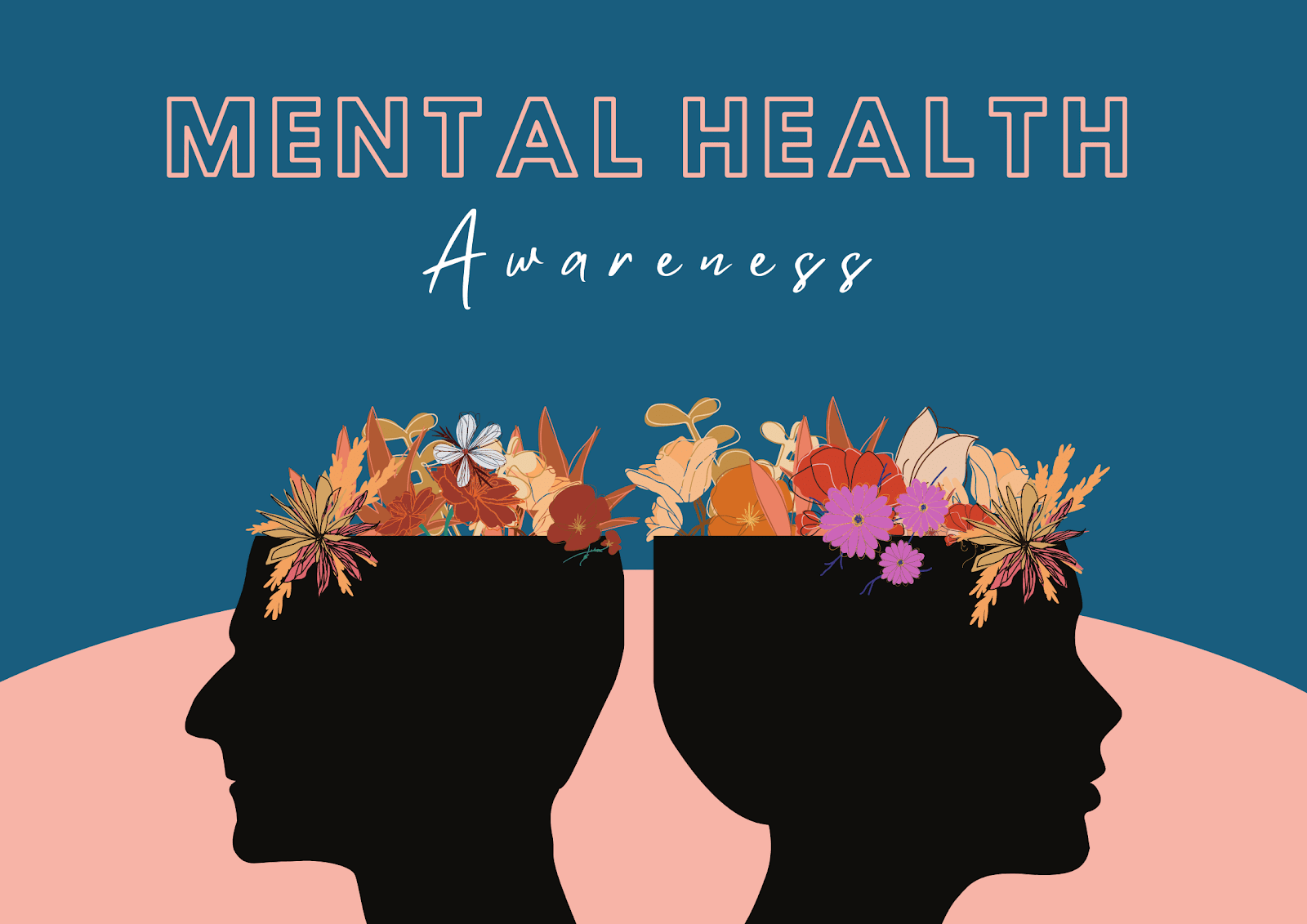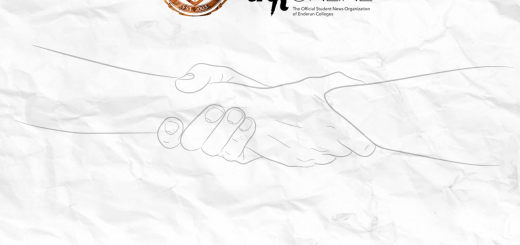Coping with Stress and Anxiety During Pandemic

It’s been a while since quarantine was implemented, and who would’ve thought that it would last for more than a year? In light of the effects of COVID-19 such as stress and anxiety, a health webinar that focused on mental health was held online for the Enderun community last month by Dr. Johann Legaspi. In the webinar, it was discussed that the effects of COVID-19 impacted the 3 pillars of health: autonomy, competence and connectedness. Dr. Legaspi mentioned during the webinar that in China, the number of people filing for a divorce rose as soon as the quarantine was lifted, and at the same time, the number of people wanting to get married increased for up to 300%. There are pros and cons of the pandemic. People either felt closer to each other or grew apart.
Stress plays a role with what happened. This stress is not something outside us. It is our reaction to people, activities, and things that surround us. It isn’t stress that kills us, but our reaction to it. Our reaction could either be physical, emotional, and psychological. Everybody found COVID-19 as a form of stressor, therefore all of us had a reaction to it.
What is your emotional and psychological reaction to stress? One could be, “I’m really really stressed!”, but what you’re really saying is I’m worried, which we often interchange. Worry is the manifestation of our stress which is a predominant way of mindset and we usually think about something that it hasn’t even happened yet. This is one of the reactions that we give to a stressor. When we are worried about something, we are fearful. We feel fear for something that will happen because it has a bad consequence. Anxiety means instead of being productive but because of excessive worry or excessive fear, you procrastinate and you become unproductive. If this situation goes unchanged, you will go into an anxious state. Unproductivity, fearful thoughts, and questioning your abilities are the common effects of stress that leads to the feeling of depression because you can’t do anything. So instead of just being worried constantly about a job or something that must be done, do it and get it done. If there’s nothing you can do about it, learn to let go of what we don’t have control of.
Another effect of stress is anger. Sometimes, you’re not just worried, fearful, and anxious because you have to release those energies and feelings inside you, but you also become angry. If you end up becoming angry, you become more anxious and you become more unproductive. So, you’re wasting your time worrying and being angry when in fact, you could have controlled your reaction and just did what needs to be done.
Practice mindfulness. If you do not train your mind to look at your stressors positively, you will always be angry and worried. You won’t always be successful in the beginning but if you will practice, it’ll be easier.
There are different types of stress, one of which is Acute Stress. It is when you have stress in life but you feel like you can handle it. The second type is Episodic stress, you feel like you can’t handle it anymore. Chronic stress is the extreme level of stress where you have too many stressors in life where not only you feel like you can’t handle it but also you stop being productive.
When the time comes where you will feel like you’re being stressed every minute, ask yourself “why”? Why are you looking at all of the stressors of your life as stressors? The keyword here would be control and mindset. Why will you let things that you can’t change and control affect you so much? If you make everything as your problem, your chances of episodic and chronic stress will increase.
So, the takeaway here is that we should choose our battles. In our daily lives, let’s try to focus on the things we can control, and leave what we can’t. Hence, here are some methods to help you manage stress effectively.
Problem Focused Strategy
First, identify the stressors responsible for negative symptoms and either eliminate or modify the stressor. Look at the challenges of your life and ask yourself if you could solve it, and if so, how? When you look at your stress and it’s something you can solve, you are taking control of your stress and not letting that stressor control you.
Emotion Focused Strategy
Next, teach yourself how to control your emotions so that you are not negatively affected by stress. When you can control your stress, shift your perspective about the problem. If you know that you can’t do anything about it, then why look at it as a problem. What you think affects what you do and how you feel. So if you think something as a negative, your behavior and emotion towards that will be the same.
Acceptance and Commitment Therapy
Lastly, acknowledge that there is a problem and you might not have anything to do about it yet but you’ll change the way you think about the problem.
When you are under the effects of stress, be resilient. Bend but do not break. There are lots of stressors in life, problems will always be present and you can’t always break everytime it happens. Stay positive and learn from your mistakes and experiences. Set positive goals and confront problems head on. Finally, remember to cultivate faith in your own abilities and foster your relationships.





